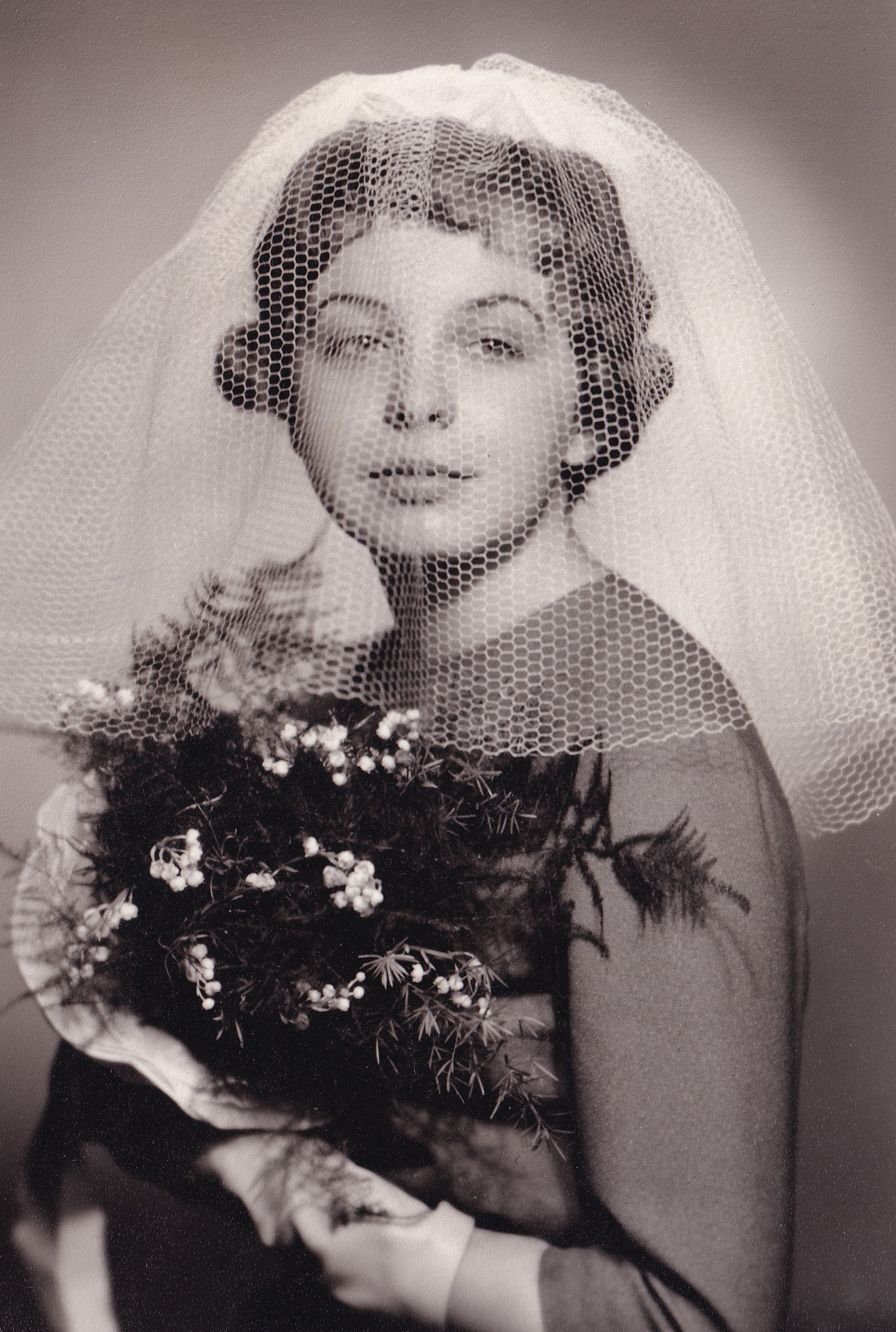That would be the opposite of emigration.

Stáhnout obrázek
Draha Schnirch was born on 18 July 1943 to parents Květá and Jan Řehořek in the small village of Kořenec in the Drahanská vrchovina. Her parents owned a small grocery store and ran a pub in the village. After 1948 they lost their business and their father had to work in a stone quarry. During the reconstruction of the building they had big problems with the permit and for two years they lived in a dismantled house. Draha Schnirch, after graduating from the municipal school in Boskovice, began to study at the Brno Construction Industry School, where she graduated in 1961. She met her future husband and married Stanislav Schnirch in 1967. In 1969, her husband received a job offer in America, where they left in September that year. Due to political developments in Czechoslovakia at the time, they stayed permanently in New Jersey. While still in Czechoslovakia, they had their first daughter Martina (1969) and in America Dana (1971). She and her children visited Czechoslovakia for the first time in 1979. She and her husband were in their native country at the beginning of November 1989 and followed other events in America. They have never considered returning to the Czech Republic permanently, but they regularly come here for a few weeks. Currently (2024) she and her husband live in Ringwood, New Jersey.
















